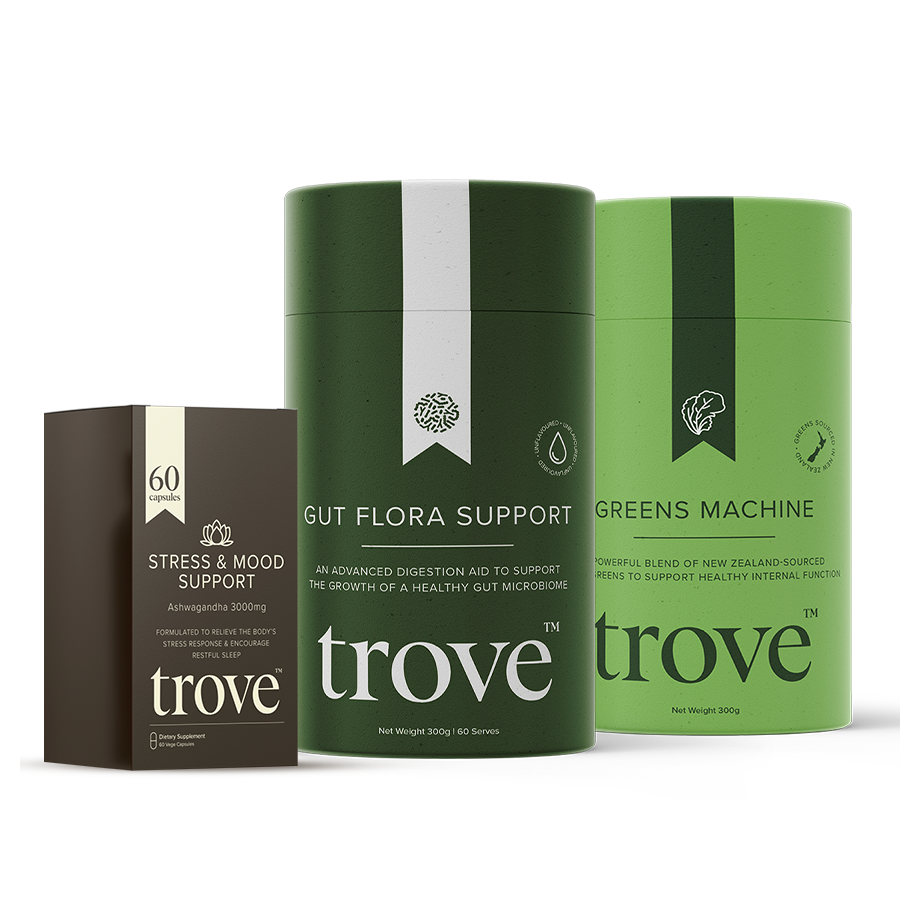6 Ways You're Affecting Your NAD+ Levels
We believe life is all about balance, but often we find the scales are tipped when we experience tough days, or find our discipline slipping. These certain poor lifestyle habits can affect our NAD+ levels, a coenzyme that is essential for cellular health and repair.
Supporting our NAD+ levels, as well as limiting our indulgences as much as we can, can help us to live and feel better.
1. Poor Diet
The way we nourish our bodies plays a crucial role in addressing cellular damage. Incorporating a diverse range of colourful fruits, vegetables, and antioxidant-rich foods abundant in vitamin E and vitamin C can effectively combat the impact of free radicals, thereby positively influencing our NAD+ levels.
However, it's not just about what we eat; HOW we eat also matters. Overeating can be likened to adding excessive fuel to the furnace, leading to the generation of more harmful byproducts. Each time we expend energy, we deplete our NAD+ reserves.
2. Alcohol Consumption
Metabolising alcohol in our body is an energy-demanding process that relies heavily on NAD+, particularly within vital liver cells.
When alcohol is ingested, our bodies work hard to metabolise and eliminate it. At a cellular level, this necessitates an intensified effort from our mitochondria—the microscopic powerhouses within each cell.
Stimulating our mitochondria to this extent can have repercussions - heightened energy requirement leads to the production of more detrimental byproduct of free radicals, potentially harming our DNA.
3. Poor Quality Sleep
Each time we go to sleep, our cells go through a vital repair phase, making quality sleep absolutely crucial for healthy function. Throughout the night, repair enzymes diligently eliminate the day's damage and during those sleepless nights, the repair process is disrupted.
This results in our repair enzymes having to work overtime, resulting in more NAD+ consumption.
4. Unprotected Sun Exposure
The sun's damaging UV rays possess the ability to alter the structure of our DNA, resulting in distortions within its delicate double-helix form. Fortunately, our bodies are equipped to repair this damage using our NAD enzymes. However with over exposure and limited protection, our levels can drastically deplete from the level of repair.
5. Overtraining
We know exercise burns a lot of energy and its necessary for our overall health, however its important to take into consideration a healthy recovery routine afterwards. As we exercise, our muscles are micro-tearing, giving us that sore feeling afterwards. Our NAD+ levels work hard to repair this damage so its important to remember we consume protein and rest.
6. Sedentary Lifestyle
On the other extreme, limited movement can cost us our mitochondria, resulting in fewer numbers and reduced NAD+ levels.
What more can I do?
Take a NAD+ boosting supplement can help to support our levels, in conjunction with consideration of our lifestyle habits. They offer valuable support in counteracting cellular stress induced by alcohol intake, unhealthy eating habits, excessive sun exposure, overexertion in exercise, a sedentary lifestyle, and disturbances in sleep patterns.



